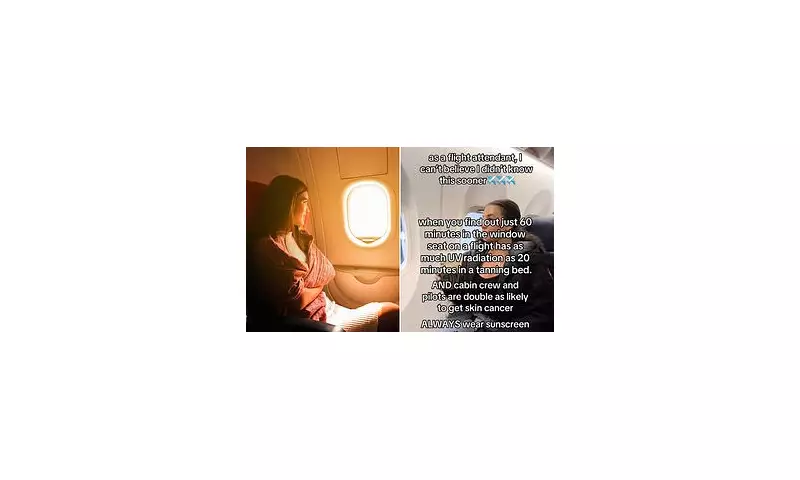
Choosing a window seat for that breathtaking aerial view could come at a serious cost to your health, medical experts are warning.
A startling new study has revealed that passengers who opt for the cosy window seat are at significantly higher risk of developing dangerous blood clots during long-haul flights. The very appeal of these seats – being tucked away from the aisle – creates a perfect storm for health complications.
The Silent Threat at 30,000 Feet
The primary danger is Deep Vein Thrombosis (DVT), a condition where blood clots form in deep veins, typically in the legs. The confined space and limited opportunity to move and stretch your legs dramatically increases this risk.
Dr. Mark Roseland, a leading vascular specialist, explains: "The allure of the window seat is understandable, but it creates a false sense of comfort. Passengers become 'trapped,' reluctant to disturb their neighbours to walk around. This prolonged immobility is the primary catalyst for DVT formation."
Why Window Seats Are the Worst Offenders
Medical researchers point to several key factors that make window seats particularly hazardous:
- Reduced Mobility: Aisle seat passengers naturally get up more frequently to use the lavatory or stretch.
- The 'Hassle' Factor: Passengers often avoid climbing over sleeping neighbours, choosing to remain seated for the entire flight.
- False Security: Leaning against the fuselage can create a more relaxed posture that discourages frequent movement.
Protecting Yourself on Your Next Flight
This doesn't mean you must forever forsake the views. Experts emphasise that awareness and proactive measures are the best defence.
If you choose a window seat:
- Make a conscious effort to get up and walk the aisle at least once every two hours.
- Perform simple seated exercises: rotate your ankles, pump your feet, and stretch your calf muscles regularly.
- Stay impeccably hydrated throughout the journey by drinking plenty of water.
- Consider wearing compression socks, which aid circulation and are highly recommended for long flights.
- Avoid excessive alcohol or caffeine consumption, as they contribute to dehydration.
For travellers with existing health conditions, a family history of blood clots, or those taking certain medications like birth control, the risk is even more pronounced. Consulting a doctor before a long flight is strongly advised.
The key takeaway is not to panic, but to be smart. That mesmerising view of the clouds isn't worth a medical emergency. Your health, ultimately, is the most important thing you'll be carrying on board.





